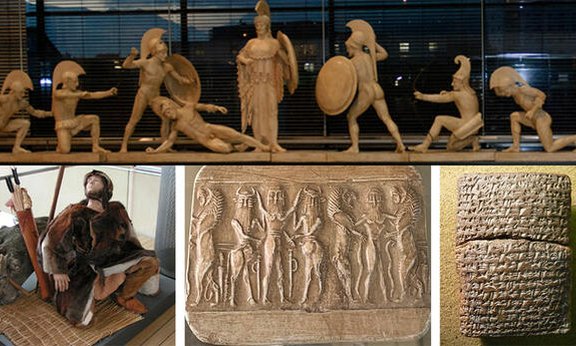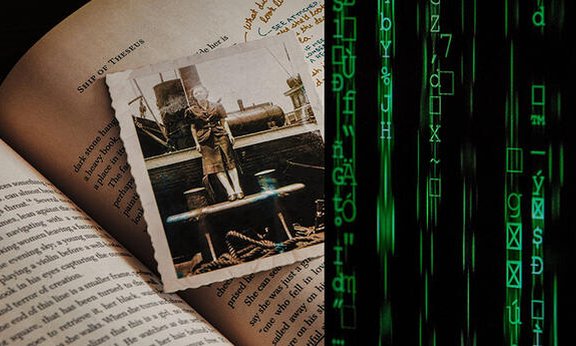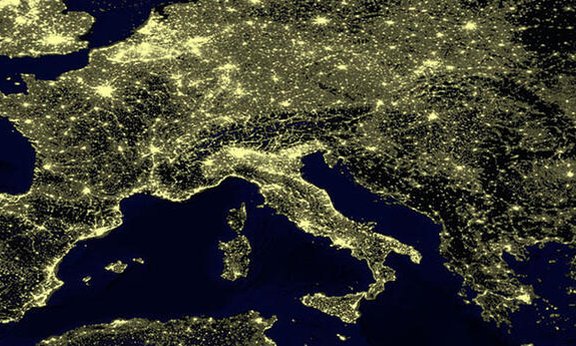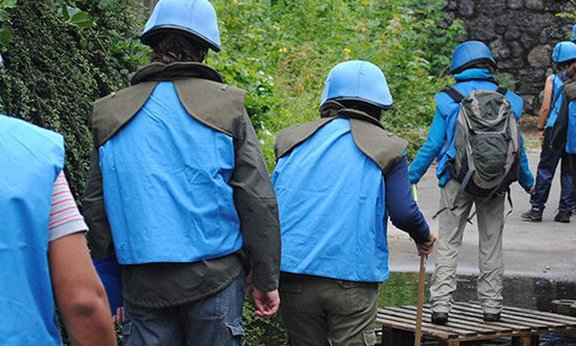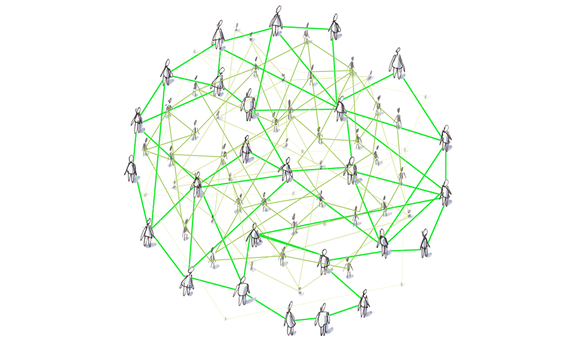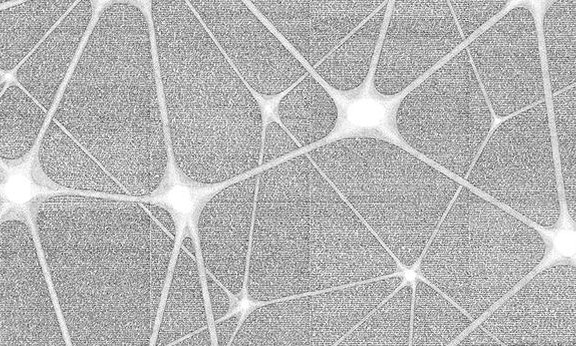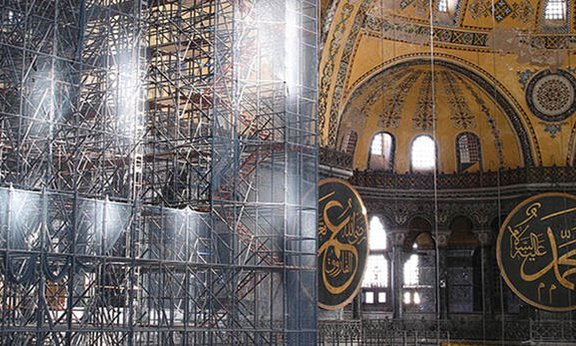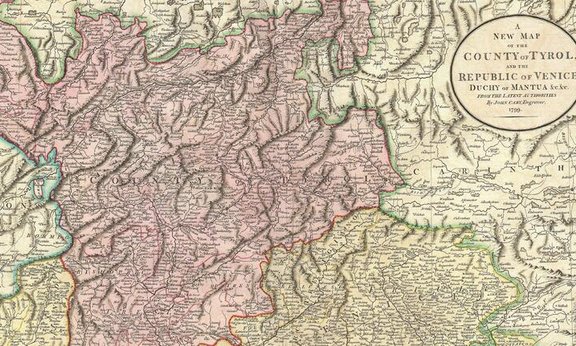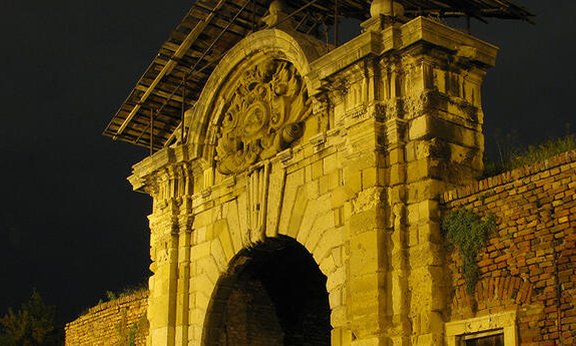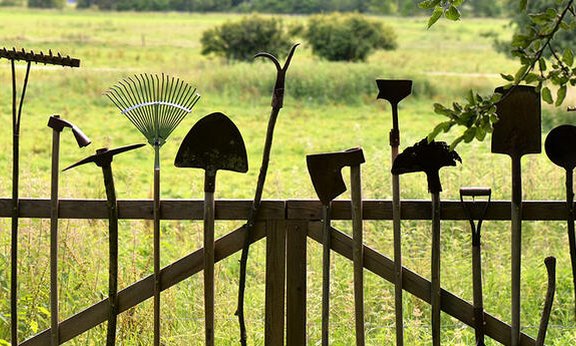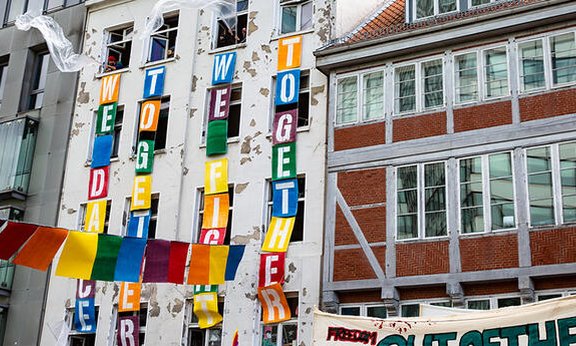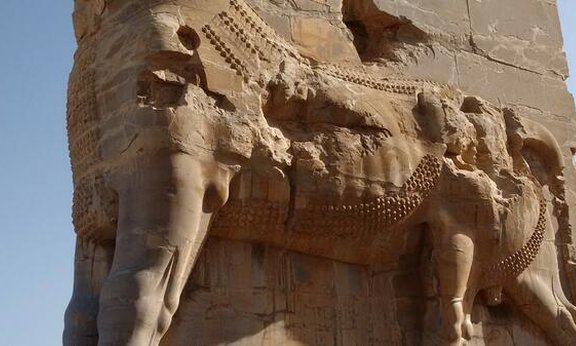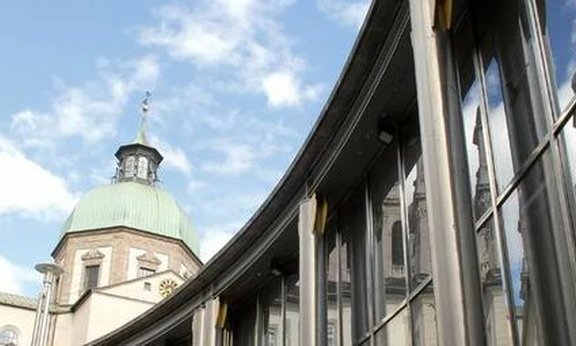Latest news
Blog
No results
Keine aktuellen Einträge vorhanden.
Event tip

Workshop Environmental Humanities in Mountain Regions
16.10.2024, 1 - 3 pm.
seminar room 7, Ágnes-Heller-Haus, Innrain 52 a, 6020 Innsbruck
The fellows will present their research on questions of the ‘good life’ and the so-called ‘development’ of Alpine regions (Fizza Batool, University of Augsburg), on precipitation in its various forms, for example as rain or snow, and the associated cultural expressions, social relationships, politics and power constellations (Christine Le Jeune, University of Florida) and an environmental history of the Tatra Mountains (Michal Ďurčo, Slovak Academy of Sciences).
Please register at fsp-kultur@uibk.ac.at.
Publications
No results
Keine aktuellen Einträge vorhanden.
FSP planning calendar
FSP Board Meeting
October 22, 2024, 03.30pm-05.00pm
FSP-Day "Regionalgeschichte"
October 24, 2024, 09.00am-5.00pm
FSP-Veranstaltungsförderung 2025, 1. Tranche
from now until 01 December 2024
FSP-Fellowships 2025
from now until 01 December 2024
Research focus "Cultural Encounters - Cultural Conflicts"
Participating Research Centers
Mission Statement
Our research is fundamentally dedicated to social transformations and their challenges. Mobility, migration, globalisation and cultural transfer, but also language, religion, digitality and socio-ecological sustainability are key topics of our time, which we investigate in aesthetic representations such as literature, art, music, films and media, but also in their everyday life and practices. We analyse cultural dynamics as spaces of creativity and the emergence of the new, but also of conflictual escalation, including war and violence. Like all cultural phenomena, they are historically conditioned and therefore multi-layered and changeable. They reflect power relations and social inequalities, while at the same time they are intertwined with the search for orientation and order.
The research fields of the FSP Cultural Encounters - Cultural Conflicts range from social transformations, migration, globalisation and different concepts of Europe to human-environment relations against the background of current and multiple crises. At the centre are questions of the creation of affiliations and distinctions, the constitution and abolition of borders, concretely in the social and abstractly in the symbolic. By interweaving historical and current, regional and global perspectives, the research focus forms a hub for interdisciplinary initiatives, research projects and networking within the university and beyond.
Communicating science (third mission) is a key task of the research centre. With the involvement of the urban and regional public, we work on current social and political issues and thus provide central impulses for a critical public dialogue. Through various formats and initiatives, we make research visible and tangible, thereby making an important contribution to strengthening trust in science.
We understand our research
- as a reflexive process that is not only interested in topics, but also considers the role of knowledge and science within them;
- as a collaboration between different specialist disciplines, each of which contributes its own expertise but learns from and relies on each other;
In 2015, the University of Innsbruck adopted a “Charter on Social Diversity”. It expresses a concern to which the Research Area has been committed for many years and which many of our activities take into account.

FSP Days
FSP days offer us the opportunity to examine broader topics from different disciplinary perspectives within the research focus area.
In conversation with ...
Science thrives on dialogue and discourse. This is why the research focus invites external academics and publicists to Innsbruck twice a year to engage in intensive dialogue with them.
Multilingualism colloquium
The colloquium "Multilingualism" offers the opportunity to continue the productive interdisciplinary discussion of the Research Day through the joint discussion of current articles on multilingualism research from various disciplines.
Open data sessions
Anyone involved in qualitative (social) research will be familiar with the need to share their own empirical data with other researchers during the research process. To this end, there is a regular opportunity for networking and specific data discussion for all those who work with oral interaction data and analyse it qualitatively.
FSP lecture series
Lecture series of the research focus "Cultural Encounters - Cultural Conflicts" on current topics.
Habilitation network meeting
The newly founded Innsbruck Habilitation Network aims to connect postdoctoral researchers at the University of Innsbruck beyond faculty structures.
Thematic focus
Diversity in film: Thematic focus 2022/23 of the FSP as part of the diversity strategy of the University of Innsbruck
Blog
Exciting contributions from the areas of "Young Research", "Academic Sidelights" and "Research Positions".
Publication Fund
Current calls for proposals
// Funding applications for the year 2025 can be submitted until 31 December 2024. Applications with the required enclosures in pdf format must be entered into the project database by the responsible project database officer of the respective institute. If available, please use an existing ‘not §26/27’ data set for this publication and add the FSP Cultural Encounters - Cultural Conflicts as a participating institute. At the same time, please send your application by e-mail to fsp-kultur@uibk.ac.at. More information here.
General funding guidelines
Funding is provided for the publication of monographs, anthologies and editions, in particular qualification publications (outstanding MA theses, dissertations and habilitation theses) that were written at the University of Innsbruck and will be published by the end of 2024. The FSP also supports fees for open access publication. The form required for this can be found here.
The printing costs will be subsidised with a grant of up to € 1,000, subject to available funds.
Award conditions and application documents
Funding is available for publication projects from the humanities, cultural and social sciences as well as from theological disciplines at the University of Innsbruck, which are initiated and supported by at least one member of the Research Area “Cultural Encounters - Cultural Conflicts” (information on FSP membership at fsp-kultur@uibk.ac.at). Research activities must have been assigned to the Research Area within the last five years.
The publication to be funded must be assigned to the Research Area in the University's database ("FLD"). If this is not possible, no funding can be awarded.
Qualification publications, publication projects with an interdisciplinary approach, projects with an open access strategy (green or gold) and publication projects that are subject to a peer review process are prioritized.
The completed and signed form and all required enclosures must be submitted. These are:
1. preliminary table of contents
2. for qualification publications: all reviews
3. a complete cost breakdown of the publication project (including an overview of other grants awarded or applied for)
4. Publisher's offer
Applications will be subject to expert review by the FSP Advisory Board.
Applications with the required enclosures in pdf format must be entered into the project database by the responsible project database officer of the respective institute. At the same time, please send your application by e-mail to fsp-kultur@uibk.ac.at.
The guidelines and information for the project database manager can be found at here
Event funding
Current calls for proposals
// There are currently no calls for funding. Calls for proposals are issued twice a year, in October, for events taking place in the first half of the following year, and in April, for events taking place in the second half of the year.
The funding guidelines below apply.
General funding guidelines
The Research Area supports inter- or transdisciplinary projects that are located at the interface of two or more disciplines. Preference is given to projects that are supported by at least two members from different disciplines of the research focus, internationally visible projects, preparatory work for third-party funding applications and prospective networking activities within the research focus. Events should be held in Innsbruck or the surrounding area, otherwise a justification is required. Translation services and printing cannot be subsidised (please refer to the Publication Fund). Honary notes can only be subsidised in exceptional cases and for artistically active persons.
Please note that membership of the Research Area is a prerequisite for funding. Anyone who assigns their research achievements to the Research Area in the University's database ("FLD") is automatically a member (multiple credits are possible).
The required form can be found here.
The following are funded in connection with the research focus
- Workshops,
- Conferences/congresses (with external speakers),
- transfer- or application-orientated projects.
The following are not covered
- Scholarships,
- Research stays (please refer to the research grant),
- projects that have already been completed and
- activities with no recognisable connection to the research focus in terms of content or personnel.
Depending on the funds available, the amount of funding awarded is based on the criteria mentioned above. Funding for workshops and comparable activities amounts to a maximum of €800 and for conferences/congresses a maximum of €2,000. Applications must be accompanied by a detailed and comprehensible cost breakdown of the overall event.
There is no legal entitlement to funding. Grants awarded must be claimed by the beginning of December of each year; otherwise a new application must be submitted in the following year. If funding is awarded, we ask that reference be made to the Research Area, that Logo be used on printed materials and/or in digital formats and that the funded activity be assigned to the Research Area in the University's datebase ("FLD").
For the processing of approved funding, please refer to our Info Sheet.
Dissertations are a core element of university research. Accordingly, as a research focus, we endeavour to promote young talent in line with the times. A number of dissertations are produced in five internal doctoral programmes under the umbrella of the research focus, but also under individual supervision. In addition, we have been running a scholarship programme for many years, which enables young researchers to spend four weeks in Innsbruck for research purposes and brings them into contact with local academics.
Activities
FSP-Fellowships
With the support of the International Relations Office, the research focus area organises three fellowships each year, which enable young academics to spend four weeks conducting research in Innsbruck.
FSPub
The FSPub is our DK-wide regulars' table for all doctoral students of our research focus and other interested parties who want to discuss topics related to doctoral studies, careers in science and the like in a cosy atmosphere or simply chat with like-minded people and spend a nice evening.
Further doctoral projects
Associated doctoral projects and completed doctorates
Management & Coordination
Univ.-Prof. Dr. Silke Meyer
Head of the Research Area
+43 512 507-43351
silke.meyer[at]uibk.ac.at
Katherina Gruber
student assistant
csav7516[at]student.uibk.ac.at
Dr Teresa Millesi
Coordinator of the Research Area
+43 512 507-39820
teresa.millesi[at]uibk.ac.at
Advisory Board
University Professor Dr Birgit Mertz-Baumgartner
Associate Professor Dr Andreas Oberprantacher, MA
Associate Professor Dr Eva Pfanzelter
Dr Brigitte Rath
Associate Professor Dr Dietmar Regensburger
Associate Professor Dr Dirk Rose
Associate Professor Dr Dirk Rupnow
Associate Professor Dr Kurt Scharr
Associate Professor Dr Jörg Schwarz
ao. Associate Professor Dr Thomas Steppan
Associate Professor Dr Ulrike Tanzer
ao. Associate Professor Dr Andreas Vonach
Associate Prof. Dr Nikolaus Wandinger
Priv.Doz. Dr Ursula Schattner-Rieser
Assoc. Prof. Dr Rina Alluri
Dr Eva Binder
Associate Professor Dr Stefan Ehrenpreis
Assoc. Prof. Dr Andreas Exenberger
Priv.-Doz. Dr Christian Heitz
Associate Professor Dr Stefan Hofmann
ao. Professor Dr Julia Hörmann-Thurn and Taxis
Associate Prof. Dr Christine Konecny

